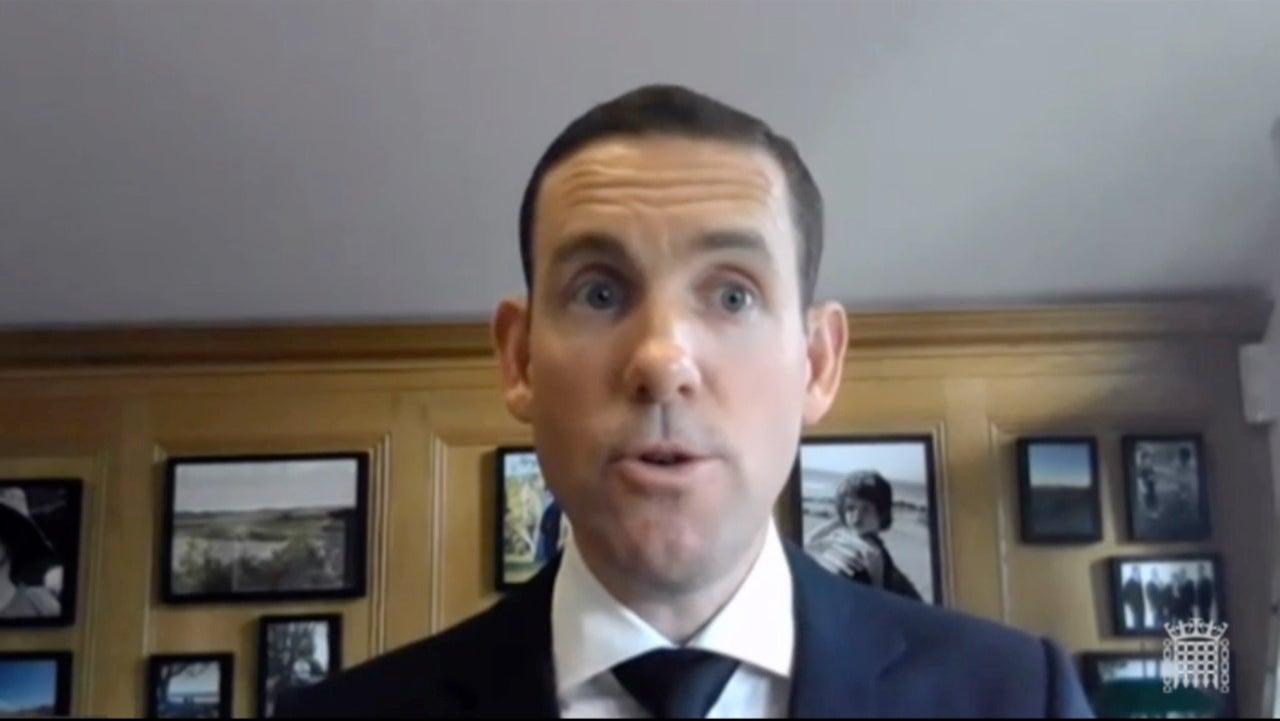Greensill given access to Covid loans without detailed checks, says National Audit Office
‘Some of this mess could have been avoided with more thorough due diligence on Greensill’

A failure to carry out checks before scandal-hit Greensill Capital joined a government backed loan scheme – putting £335m of taxpayers’ cash at risk – has been criticised by a watchdog.
Fast-tracked accreditation, at the start of the Covid pandemic last year, failed to “identify the risks” laid bare when the lender collapsed in May this year, the National Audit Office (NAO) says.
The decision has become hugely controversial, with the Treasury accused of giving the doomed firm special favours because of fierce lobbying by David Cameron, who was employed by it.
Meanwhile, Greensill is being investigated after six of seven loans made under the large business coronavirus scheme went to the business empire of metals magnate Sanjeev Gupta.
It was only authorised to provide £50m to a single company, sparking fears at the state-owned British Business Bank, which approved Greensill, that rules had been broken. The firm denies any wrongdoing.
In its report, the NAO says it is to the Bank’s credit that it “quickly picked up the loans allegedly in breach of the scheme rules”, in October last year.
But Gareth Davies, the head of the watchdog, said: “Had it applied a different accreditation process it is possible that this situation could have been avoided.”
And Meg Hillier, chair of the Commons Public Accounts Committee, which shadows the NAO, said: “It is clear that some of this mess could have been avoided with more thorough due diligence on Greensill upfront.
“As with many of the decisions made during the pandemic, there are important lessons for the government about the trade-off between speed and accuracy in its emergency response.”
By October 2020, Greensill had loaned £418.5m, which – with the government guaranteeing 80 per cent of the value – means it “could lose almost £335m”, the NAO notes.
Its report, Investigation into the British Business Bank’s accreditation of Greensill Capital, states that the Bank “performed less due diligence compared with the standard accreditation process” – and “accepted at face value the accuracy of key information provided by Greensill”.
It told the NAO that the purpose “was not to conduct a detailed assessment of Greensill’s financial position”.
The report also states that due diligence amounted to only whether “lenders could reliably deliver money” – while UK Export Finance rejected an application for a guaranteed loan from Greensill having applied tougher criteria.
It adds that loan default rates, exposure to specific borrowers, business model and ethical standards should have been scrutinised – all of which “were the subject of press reports prior to accreditation”.
But Catherine Lewis La Torre, the Bank’s chief executive, said tougher checks when the crisis struck would have meant “fewer businesses would have received the critical finance they needed”.
The NAO stressed it had not investigated the Greensill lobbying scandal, which is the subject of an inquiry by lawyer Nigel Boardman, appointed by Boris Johnson.
Join our commenting forum
Join thought-provoking conversations, follow other Independent readers and see their replies
Comments
Bookmark popover
Removed from bookmarks